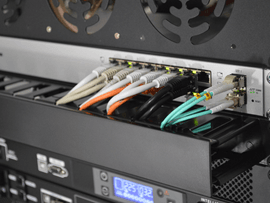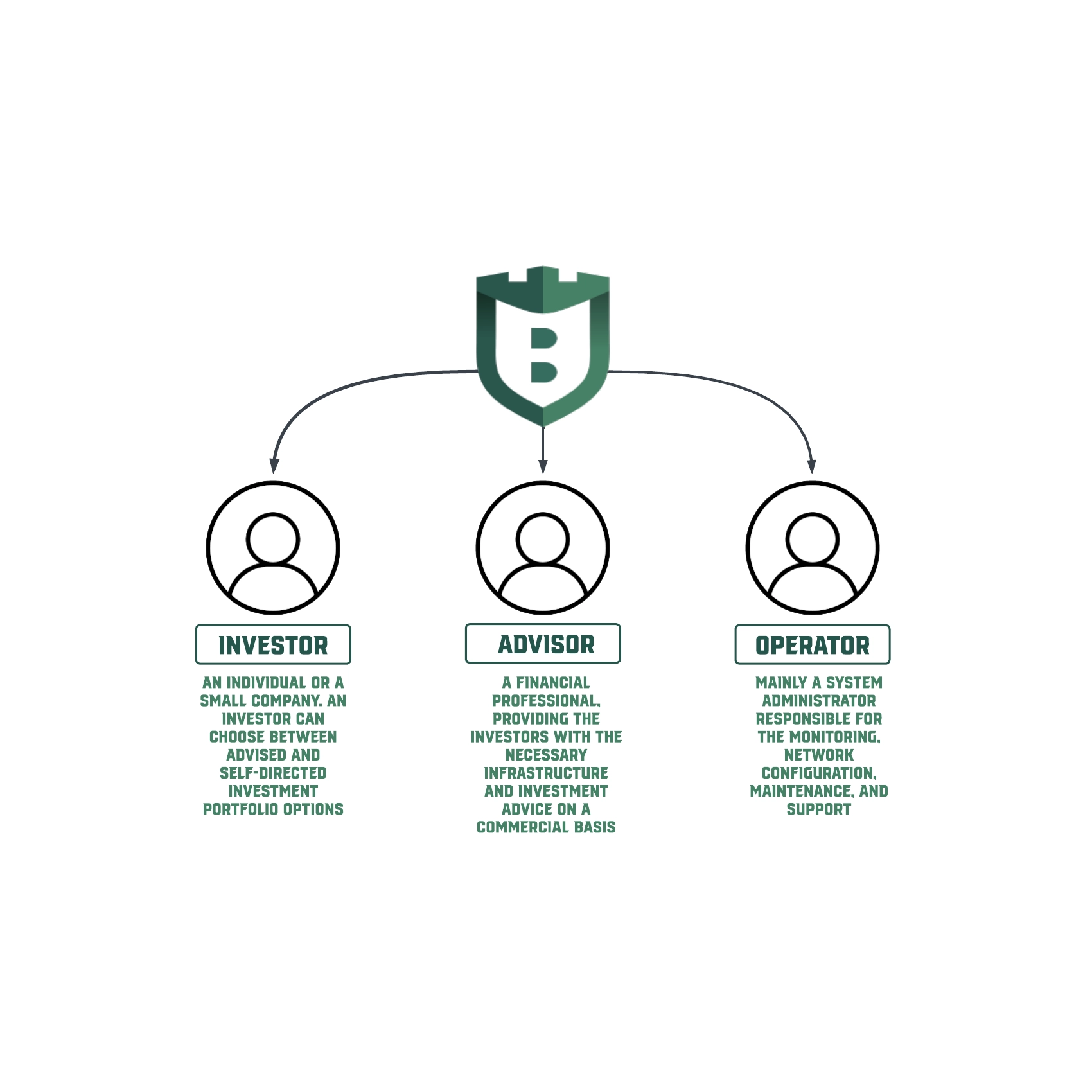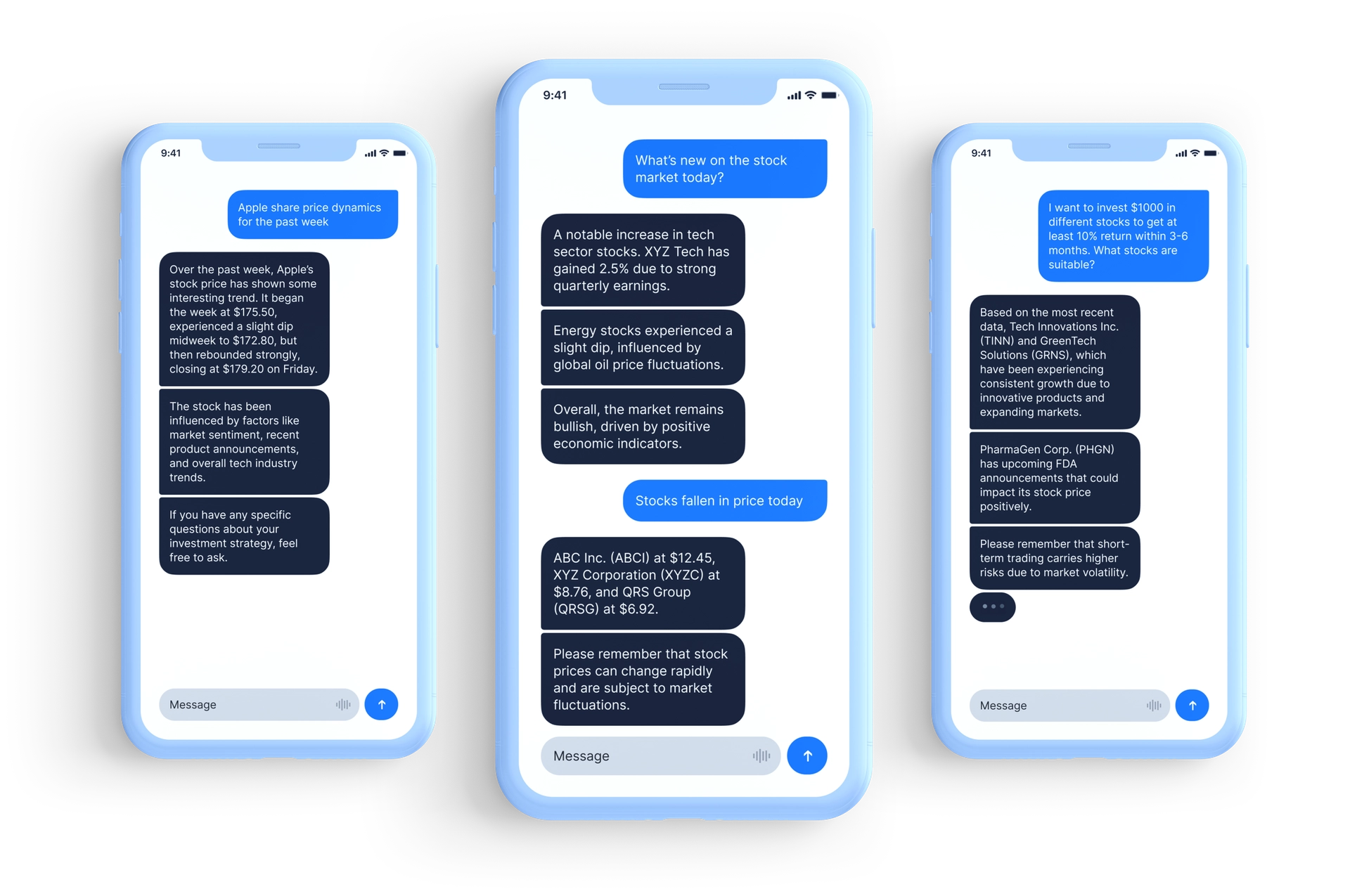Why businesses migrate from On-premise Servers to Hybrid Cloud solutions
Nowadays a lot of companies try to solve the problems associated with the adaptation of the solutions designed for standard on-premise servers to work with cloud services. In this case, companies migrate their infrastructure, architecture, and services to the cloud providers like AWS and others. What are the main advantages of clouds over physical on-premise servers, and how is the migration process in large companies going? Keep reading to find out.
Business goals to be solved with the cloud migrations
First off, let’s define that there are 3 global types of data stores: on-premise servers, cloud servers, and hybrid. The last one allows managing IT infrastructure entirely remotely without the security risk, inconvenience, and cost of maintaining on-premise hardware. There are many representatives of services and solutions for all these types of servers on the market, and they all have their own use characteristics and benefits for the business. When you have a lot of physical servers in the office, you constantly maintain them and keep them working correctly. But is it enough? Is this the best market use case for data storage today? Obviously not, because more and more companies, especially enterprises that have a huge amount of data, decide to use cloud services and migrate.
For many businesses, a successful cloud migration reduces cost, improves scalability, and significantly reduces the risk of a cyber incident that could derail a business. The complexity of cloud migration is dependent on the number of resources involved in each project. You can migrate platforms for business services, enterprise databases, web and mobile applications, edge servers, CRM support systems, IoT, productivity software, remote desktops, network administration tools, and more to the cloud.
Through the migration from on-premise servers to the cloud, standard business problems can be solved:
– Security
– Costs
– Scalability
Security
Moving from conventional servers to cloud-based ones solves security and resiliency issues for businesses. When the servers are in your office, you are responsible for them, and, accordingly, all the risks are also on you (for example, power outages). This is not only the security of information but also the security of everything else – information storage, access to resources, physical security, infrastructure risks, etc.
Costs
Some organizations don’t mind the overhead costs associated with premise-based servers. The larger the business, the more it costs you to cover all these problems and risks. It is necessary to have the staff for working with the servers and their configuration, control the server premises, and so on. Cloud servers are often a cost reduction. TCO (total cost of ownership) is the index that shows how much it costs you to own all your resources. Сloud solutions always help to reduce this index.
Scalability
If you own a personal data center, someday it will be not enough, and you will order a second one. Setting it up, testing it, and sharing the service on the server – all this takes time and money. Regarding this, cloud solutions give you as many servers as you need and when you need them. This control over your business saves you money from trying to maintain large data centers that rarely live up to their promises and potential. A cloud migration allows the business to expand and grow painlessly while working within the existing infrastructure.
Today, enterprise companies configure their resources one by one on various cloud services like AWS, Microsoft Azure, or Google Cloud. The services’ settings depend on the providers that have different instructions and features. All that configuration takes a lot of time and requires pros with special expertise to do it. These solutions orchestrate services from a provider without intervention and help customers change the state of their involved resources using simple instructions.
Cloud solutions let businesses avoid cloud lock-in with portable software that can move with their applications and data across clouds and get a consistent consumption model spanning private and public IT environments, so they can confidently plan their long-term hybrid and multi-cloud strategy, maximizing the benefits of each environment.
The experience of market leaders in hybrid cloud solutions
Let’s take the leading cloud computing software company as an example in this case – Nutanix corporation. They sell hyper-converged infrastructure (HCI) appliances and software-defined storage. Nutanix has developed a lot of its own software for physical servers, where any corporation with its huge number of servers can use it. They combine all this set of company’s servers into one virtual huge server – a data center on-site in the corporation’s office and turn it into a scalable micro cloud. But even with this approach, the same risks remain as in the case of physical servers. With the software, they allow you to make the best use of resources. So, their customers started looking more at solutions like AWS. Nutanix has begun smooth movements to integrate with such services. Now companies use their software both in the office and in the cloud, and all together, will work as one big server. They named it Hybrid Cloud Solutions.
In order to stay ahead of the competition, IT is increasingly asked to deliver additional capabilities that enable their organizations to innovate in new and faster ways. The public cloud is often looked at to augment existing on-prem environments, but this creates new challenges, like managing complex networking, re-architecting applications, and using multiple infrastructure tools for various clouds. Nutanix solves these problems with a single software platform that can span private and public clouds, making hybrid and multi-cloud deployments easy to deploy, use, and adapt. Whether you are running applications as traditional VMs or leveraging modern container technology, they automate infrastructure operations and application delivery across public and private clouds. Nutanix hybrid cloud solutions unify management across clouds while enabling seamless mobility of applications and data between disparate environments and delivering each application from the right cloud, but without the added complexity.
Use the same software platform on both private and public clouds, enabling businesses to deliver applications from public clouds such as AWS, exactly as they do with data center infrastructure. With these solutions, companies eliminate the operational complexity of a hybrid cloud and gain the ability to extend, burst, or migrate the applications and data into the cloud of their choice. They can manage all the applications and IT resources across clouds, utilizing the same operational practices and existing third-party integrations for a common experience, eliminating the need to separately develop and maintain different operational and troubleshooting practices for each cloud environment.
The main distinctive feature of Nutanix Corporation is that it accelerates businesses with a single platform for all apps, data, and cloud services. Consumer-grade management of data center infrastructure, applications, and clouds in a single pane of glass is one of the main goals for them. With their solutions, IT teams can focus on business-critical initiatives, while advanced machine learning technology reduces complex tasks to a single click.
Future of cloud and hybrid solutions
According to research, the global hybrid cloud market size was valued at $36,138 million in 2017 and is projected to reach $171,926 million by 2025, growing at a CAGR (compound annual growth rate) of 21.7% from 2018 to 2025. By the end of the year 2021, around 90% of enterprises will adopt the hybrid cloud infrastructure. The incorporation of machine learning, artificial intelligence, and automation into hybrid cloud platforms will continue to create technological breakthroughs. These are new and undoubtedly important business opportunities that will constantly develop more and more every year.
Quantum’s experience includes working with Nutanix and other corporations alike. Our main expertise is in custom data analytics solutions, DevOps & MLOps, and custom software development. For more than 5 years of active work as a company providing service to many businesses from around the world, we have definitely gained the necessary experience within the team – help to migrate their infrastructure and services to hybrid solutions. Our mission is to make cloud technologies available to more growers as well as enterprises. Our DevOps team helps companies scale IT businesses with cloud services, DevOps, and MLOps processes.
Check out our experience in DevOps & cloud.








